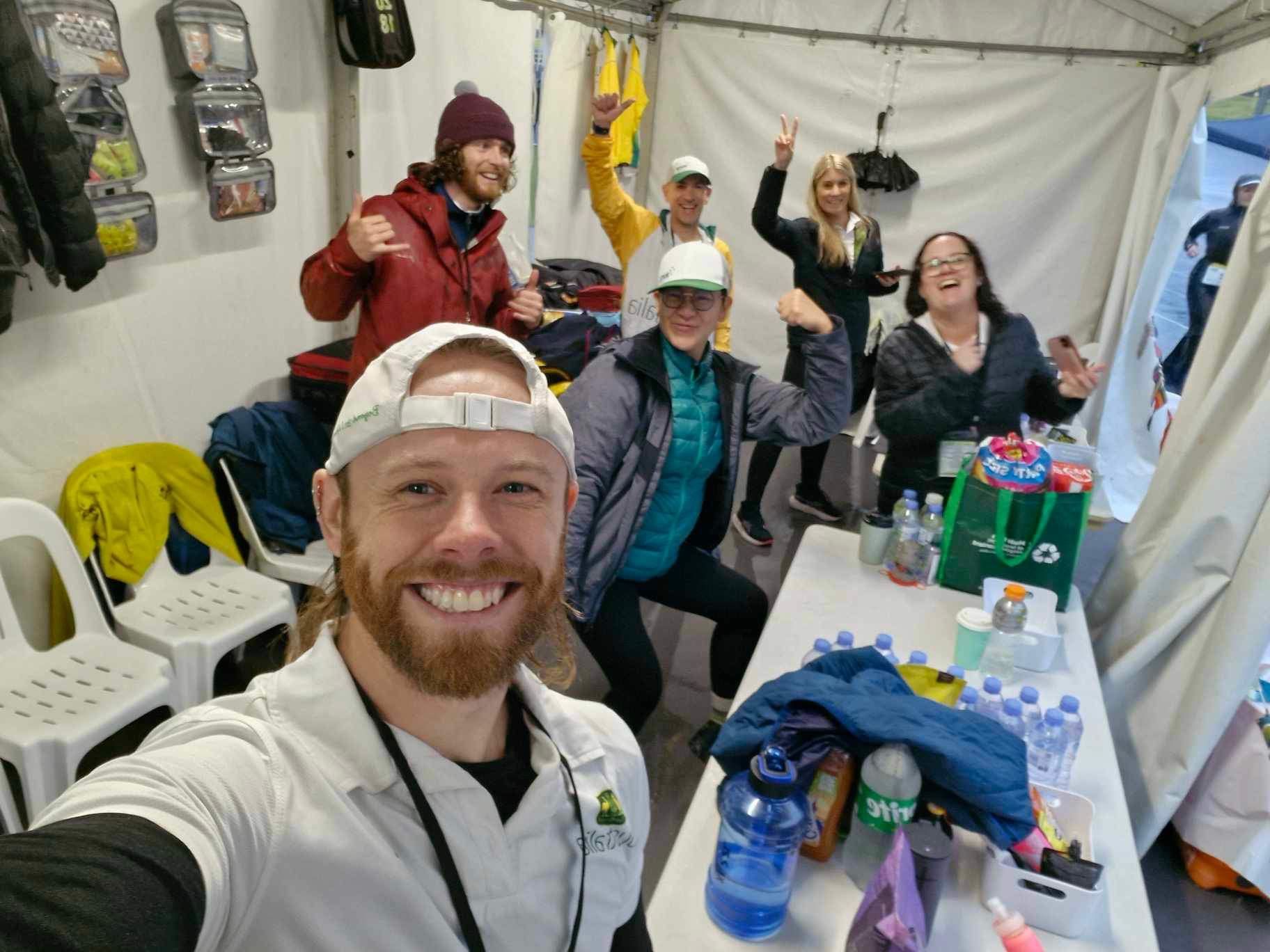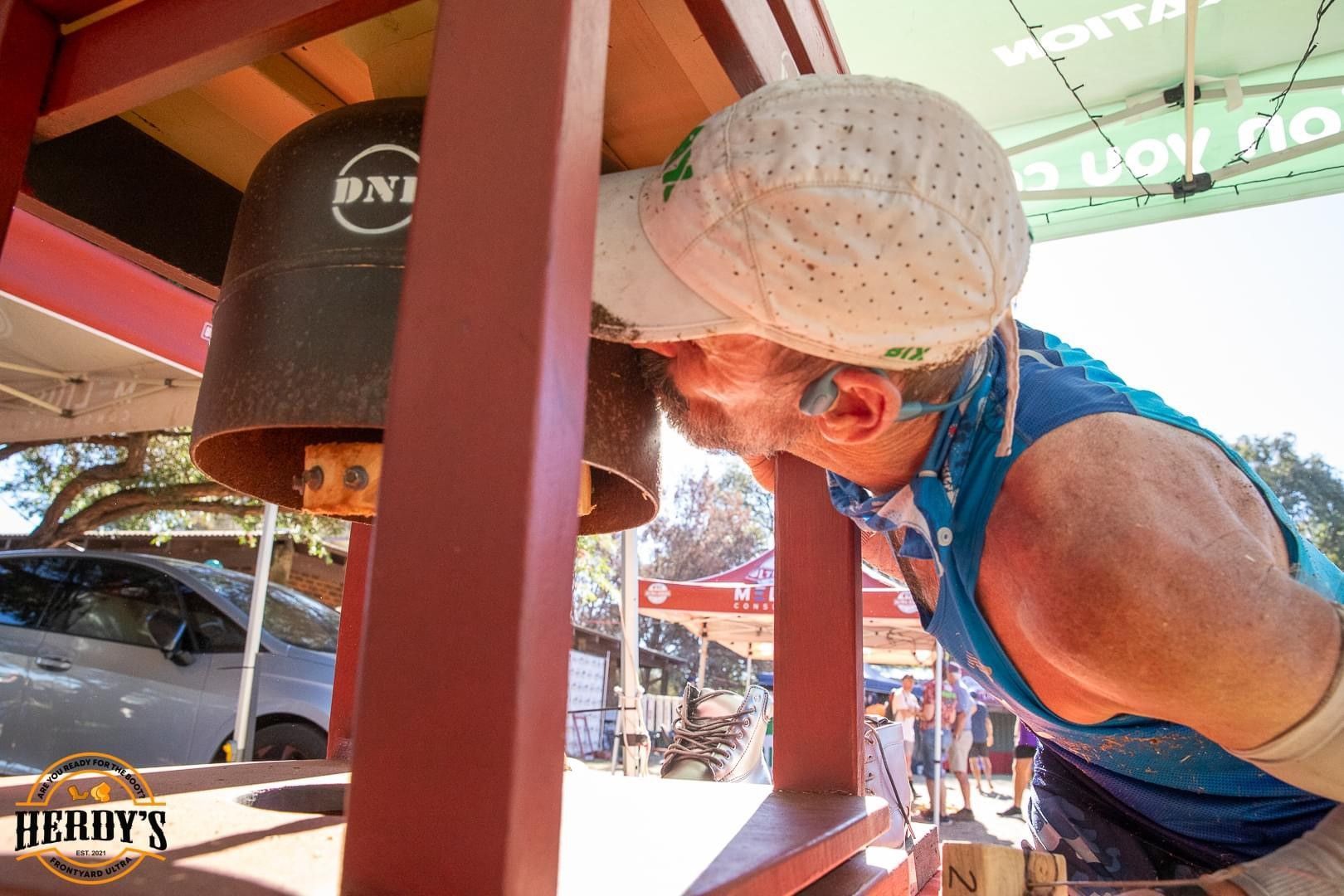
COACH'S CORNER - Sore Knees? Do you need rest?
MY KNEES ARE GETTING SORE AFTER TRAINING. DO I NEED TO REST?
QUESTION:
I’ve been upping my weekly kms and adding more vert. But my knees are getting noticeably sore after bigger sessions. Is it time for a rest? Do I need time off?
RESPONSE:
Knee pain is one of the most common complaints in trail and ultra running. It puts the runner in a tricky position - you can't back off every time your knees get sore but you can't ignore it either.
So what's the plan?
The first thing to understand is the difference between “rest” and “recovery”. After you've done a hard session, the body needs time to rebuild itself so that you benefit from the session. A lack of recovery time just leads to a gradual breakdown of key structures and injury, like bone stress fractures. "Recovery" is a period of rest to give time for the body to rebuild itself. The body is getting stronger and more resilient, ready for the next session.
After a few days, the body has completed its rebuilding phase and is no longer "recovering". After a week or so, we've moved into the "prolonged rest" phase. With the body constantly adapting to its current situation, it begins to reduce muscle and other aspects that contribute to fitness and performance. The longer the rest phase, the more pronounced the effect.
Unlike the initial recovery period after training, when the body was rebuilding itself, a prolonged rest phase results in the body becoming less resilient and less adapted to running.
Which brings us back to the original question and knee pain.
Your knees are sore due to a spike in cartilage pressure and connective tissue loading with more hills/stairs and time on feet. Taking a few days for recovery reduces the symptoms and irritation, almost like a quick reset. It may not get rid of the pain completely but it should help by giving time for the acute inflammatory phase to pass (around 48-72 hours).
Sometimes that solves the issue as the body becomes more resilient to future loading. But if the pain comes back as you return to training, runners will often think that it may just need more recovery time to overcome the problem. And this is where too much of a good thing flips the script and starts to create a downward spiral.
An extended rest period causes a loss of strength, a loss of tendon elasticity and increased joint stiffness. So your return from injury becomes harder as you become less adapted to running.
The take home message here is to schedule in some recovery days, even take an extra recovery day or two if you're managing soreness. But pushing days into weeks is counterproductive and not an effective way of managing injuries. As always, getting professional advice should get you through the injury recovery phase quicker and with less missteps.








